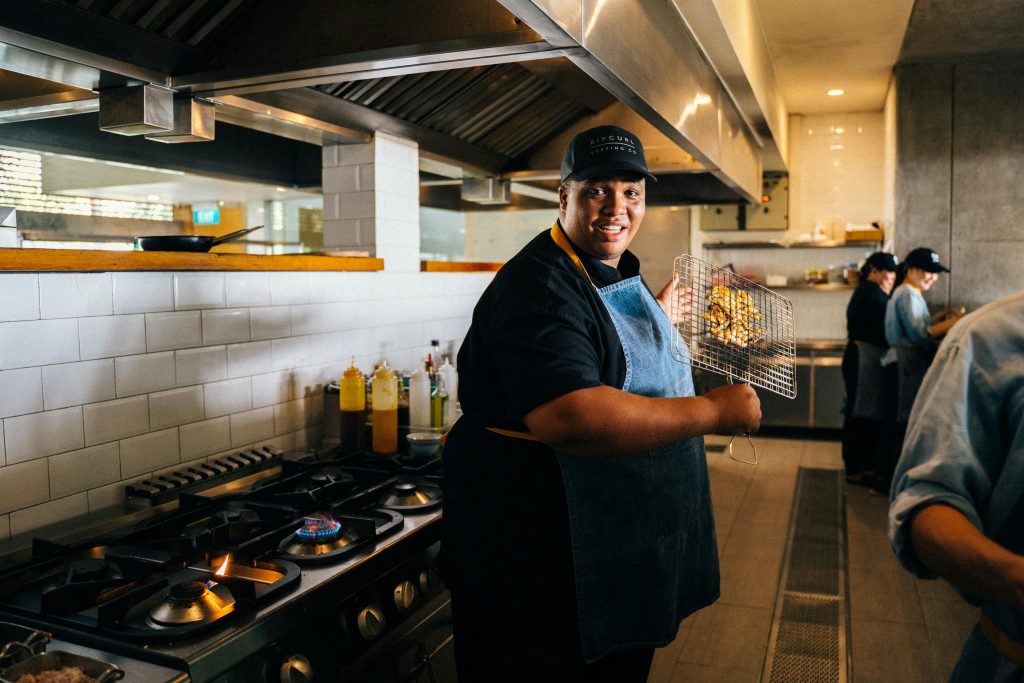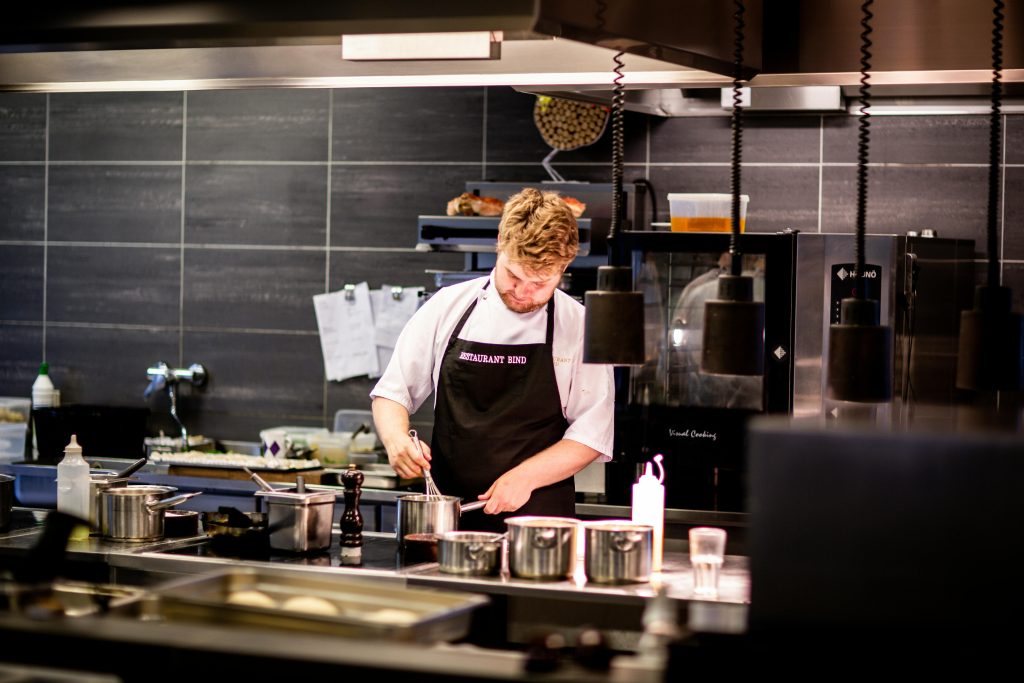Opening a new restaurant is an exciting journey filled with creative ideas, unique concepts, and high expectations. But behind the scenes, the heart of any successful food business is its kitchen, a space that must be strategically designed, well-equipped, and built to meet both culinary demands and operational efficiency.
For restaurateurs in Oman, setting up a commercial kitchen requires more than just choosing appliances and workstations. It includes understanding building regulations, operational flows, energy efficiency, and long-term scalability. Here’s what every new restaurant needs to know before setting up a kitchen, and how it can help bring your culinary vision to life.
Start With a Well-Defined Concept
Before deep-diving into technical plans, outline your restaurant’s concept clearly. For example, is it fine dining, a quick-service outlet, a cloud kitchen, or a themed café? A fine-dining kitchen would need dedicated prep and plating areas, whereas a fast-food restaurant may prioritize speed and compact efficiency. Your restaurant concept will help determine:
- The type and volume of equipment needed
- Kitchen layout (open vs. closed kitchen)
- Storage requirements
- Staff workflow
- Ventilation and hygiene protocols

Understand Local Compliance and Safety Codes
In Oman, all commercial kitchen setups must comply with local municipality regulations. Partnering with a provider of building solutions in Oman will ensure that your kitchen meets regulatory standards from the initial stage, avoiding costly redesigns or delays during inspection phases. This includes:
- Fire safety standards
- Ventilation and ducting guidelines
- Hygiene and waste disposal protocols
- Flooring and wall materials for easy cleaning
Plan Your Kitchen Layout Efficiently
A well-planned kitchen layout can make or break your operations. Your kitchen should flow like a production line, from receiving and storage to preparation, cooking, plating, and dishwashing. Employing commercial kitchen services in Oman will help ensure your layout supports speed, safety, and productivity while making the most of your available space. The most common layout models include:
- Island-Style – Centralized cooking area with peripheral support
- Assembly Line – Ideal for high-volume operations
- Zone-Style – Best for restaurants with a diverse menu
Choose the Right Equipment — Quality Over Quantity
It’s enticing to fill your kitchen with every latest appliance, but systematic kitchens are designed around what is truly necessary. Employing the expertise of companies offering hospitality solutions in Oman, you can select the equipment that aligns with your menu, staff size, and service style. Look for vendors with impeccable after-sales support, spare parts availability, and proven energy efficiency. Think smart, space-saving, and energy-efficient appliances like:
- High-performance ovens, hobs, grills
- Commercial refrigeration units
- Prep stations with integrated storage
- Dishwashing systems
- Ventilation and air purification
Don’t Skimp on Ventilation and Waste Management
Ventilation is one of the most overlooked aspects of commercial kitchens, until pungent smoke, sticky grease, and stove heat start affecting the air quality. A credible kitchen system ensures safety, comfort, and compliance with local codes. Similarly, effective waste disposal systems (wet, dry, oil separation) maintain hygiene and streamline cleaning processes. Companies specializing in commercial kitchen services in Oman can provide integrated systems that meet environmental and safety guidelines while minimizing operational stress.

Consider Future-Proofing and Scalability
Your kitchen should not just serve your present needs; it should be scalable for future requirements as well. Can it handle an expanded menu? A sudden increase in online orders? Seasonal menu changes?
A reliable partner in building solutions in Oman can guide you in making long-term infrastructure decisions that support future growth.
Future-proofing can be achieved by:
- Modular equipment and layouts
- Smart kitchen technology and IoT devices
- Touchless Technology
- Sustainable Appliances
- Sufficient plumbing, electrical load capacity, and ventilation expansion options
Invest in Training and Maintenance
The most advanced kitchen is only as good as the people who operate it. Consistent training in food safety, equipment handling, and maintenance can minimize breakdowns, extend equipment life, and ensure consistent food quality. Some hospitality solutions providers in Oman offer training modules and maintenance contracts, giving you peace of mind and enhancing your team’s efficiency.
Setting up a commercial kitchen is a significant investment that requires in-depth expert planning and execution. From conceptualization to commissioning, partnering with the right service providers guarantees that your kitchen is safe, efficient, and built for success.
Whether you’re launching your first restaurant or expanding a growing brand, Khimji Ramdas Group’s integrated hospitality solutions in Oman, commercial kitchens services in Oman, and building solutions in Oman can help you transform your ideas into a dynamic, high-performance kitchen space.
Let your kitchen be more than just a place to cook; make it the engine of your success.

